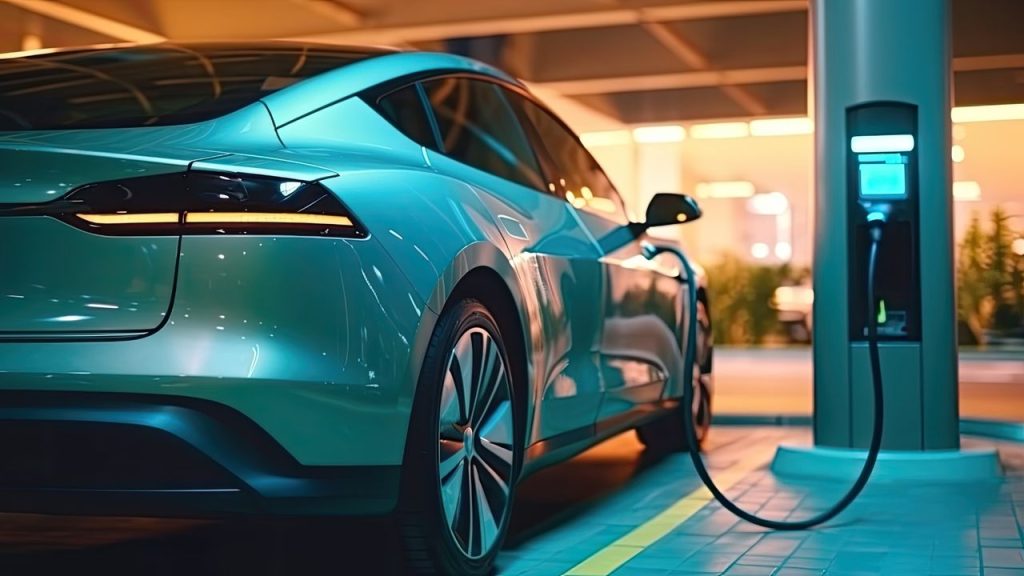The Role of Electric Cars in Reducing Greenhouse Gas Emissions
Electric cars have gained significant attention in recent years due to their potential to reduce greenhouse gas (GHG) emissions and minimize the environmental impact of transportation. As the world becomes more conscious of the need for sustainable solutions, electric cars offer a promising alternative to traditional gasoline-powered vehicles.
Reducing GHG Emissions
GHG emissions, primarily carbon dioxide (CO2), contribute to global warming and climate change. The transportation sector is a major contributor to these emissions, with conventional vehicles being a significant source. Electric cars, on the other hand, produce zero tailpipe emissions, as they are powered by electricity stored in batteries.
By transitioning to electric cars, we can significantly reduce the amount of CO2 released into the atmosphere. According to studies, electric vehicles produce about 50% fewer GHG emissions compared to their gasoline counterparts over the course of their lifetime. This reduction in emissions can play a crucial role in mitigating climate change and improving air quality.
Minimizing Environmental Impact
Electric cars not only help reduce GHG emissions but also have a lower overall environmental impact compared to conventional vehicles. The production and disposal of batteries used in electric cars do have some environmental implications; however, advancements in battery technology and recycling processes are continuously improving their sustainability.
Furthermore, the use of renewable energy sources to charge electric cars can further enhance their environmental benefits. Charging stations powered by solar or wind energy ensure that the electricity used to charge these vehicles comes from clean sources, making electric cars a truly clean transportation option.
The Future of Clean Transportation
The increasing popularity of electric cars has led to advancements in technology and infrastructure. Governments and private companies are investing in the development of charging networks, making it easier for electric car owners to find charging stations and travel longer distances without range anxiety.
Additionally, the automotive industry is constantly improving the efficiency and range of electric vehicles, making them more accessible and appealing to a wider audience. As the cost of batteries decreases and their energy density increases, electric cars are becoming a viable option for more people.
Electric cars are not only beneficial for individual consumers but also for businesses and public transportation systems. Companies are incorporating electric vehicles into their fleets, reducing their carbon footprint and setting an example for others to follow. Public transportation agencies are also adopting electric buses, further reducing GHG emissions and improving air quality in urban areas.
Conclusion
Electric cars play a crucial role in reducing GHG emissions and minimizing the environmental impact of transportation. With their zero tailpipe emissions and the potential to be powered by renewable energy sources, they offer a cleaner and more sustainable alternative to conventional vehicles. As technology continues to advance and infrastructure improves, electric cars are poised to become the future of clean transportation.


